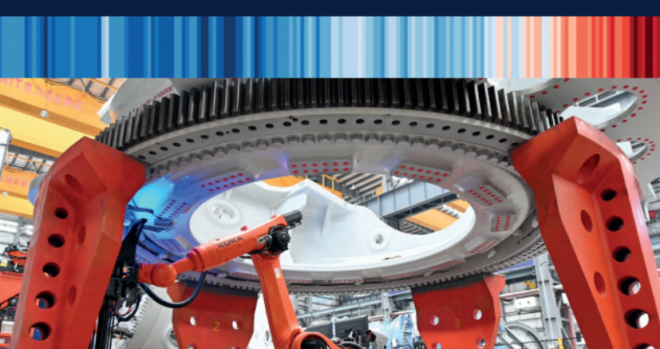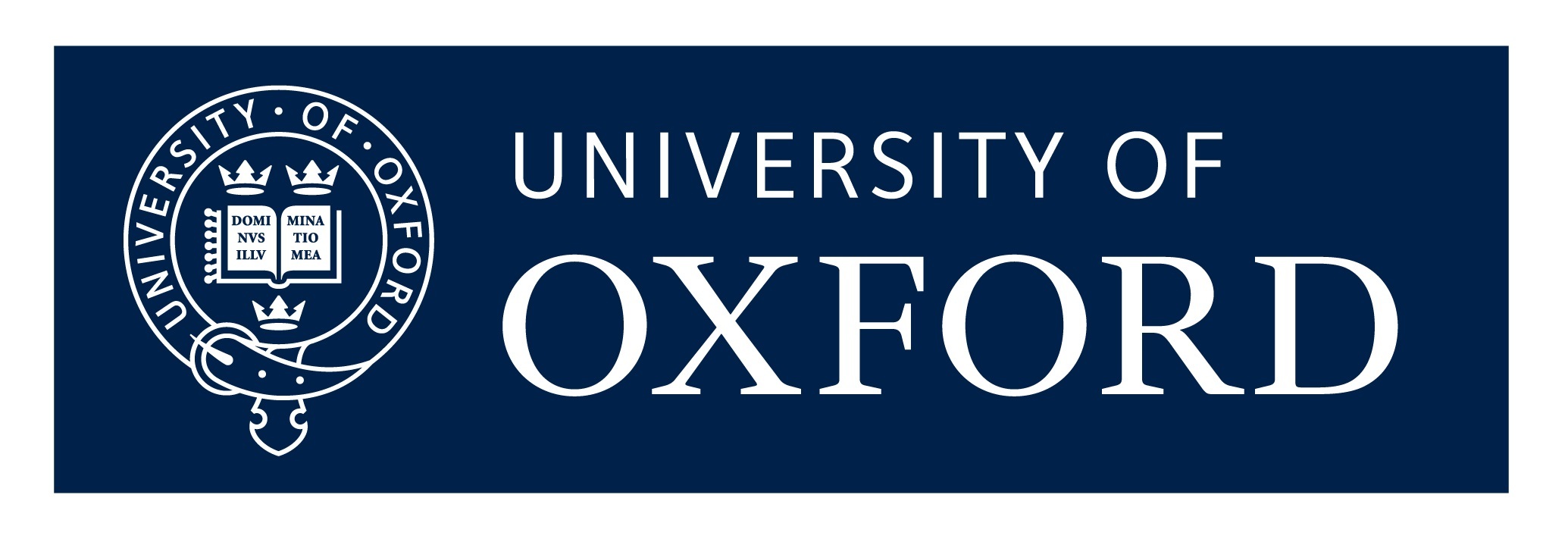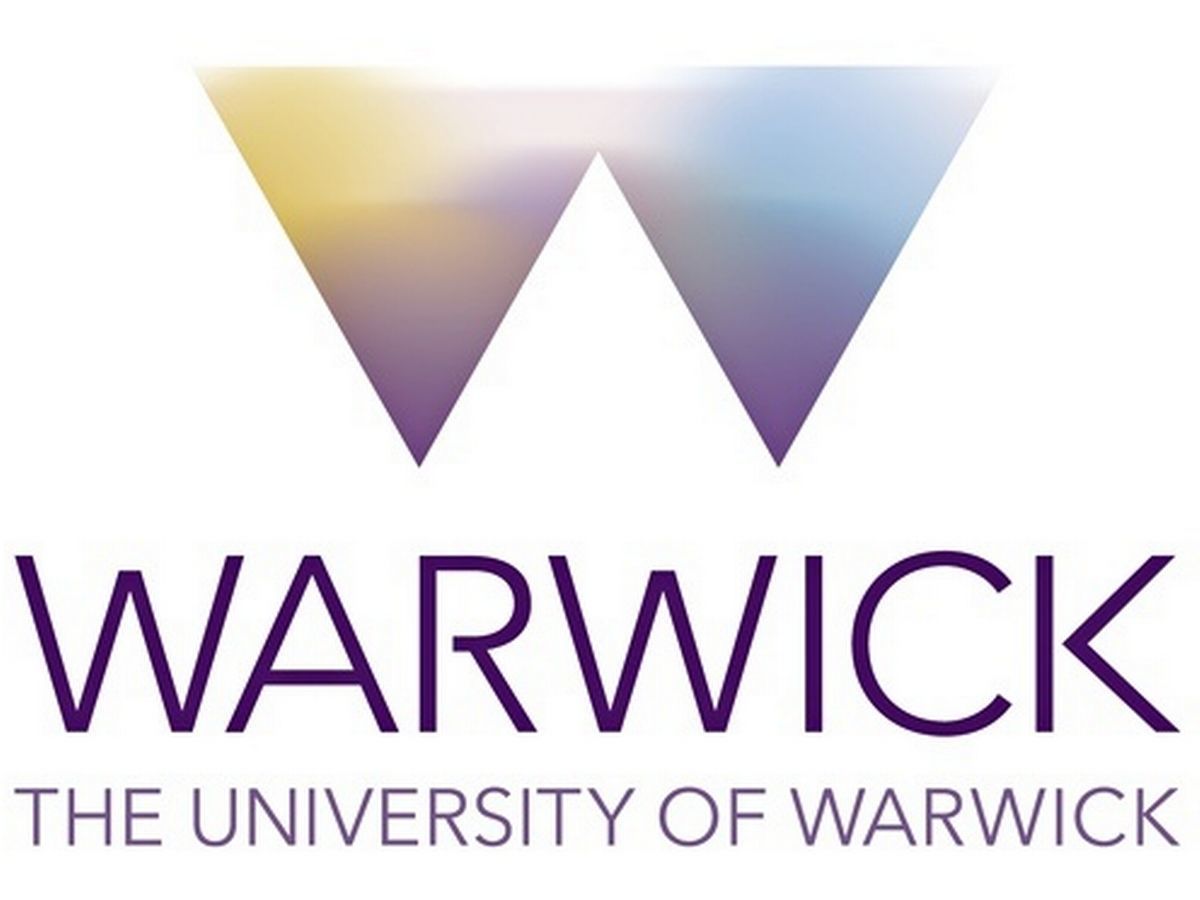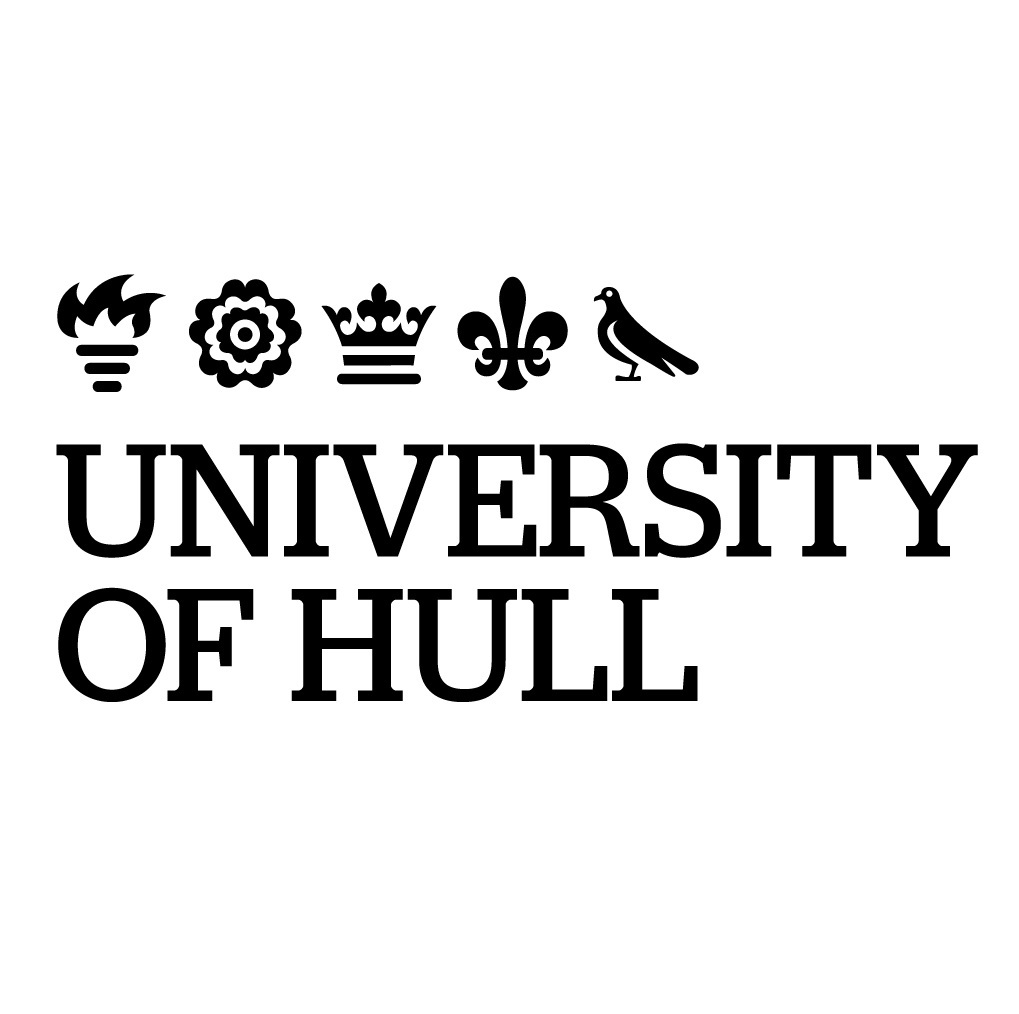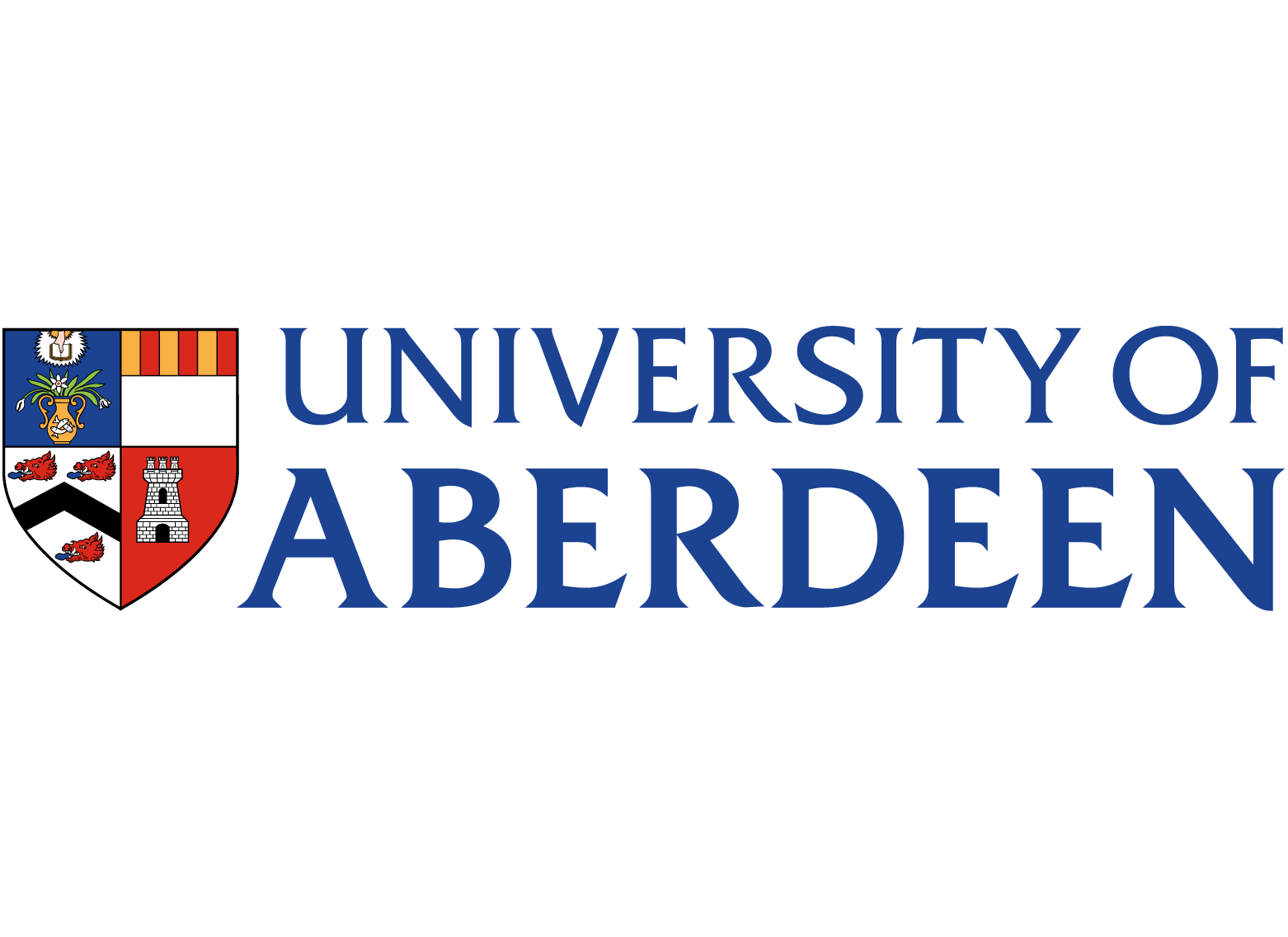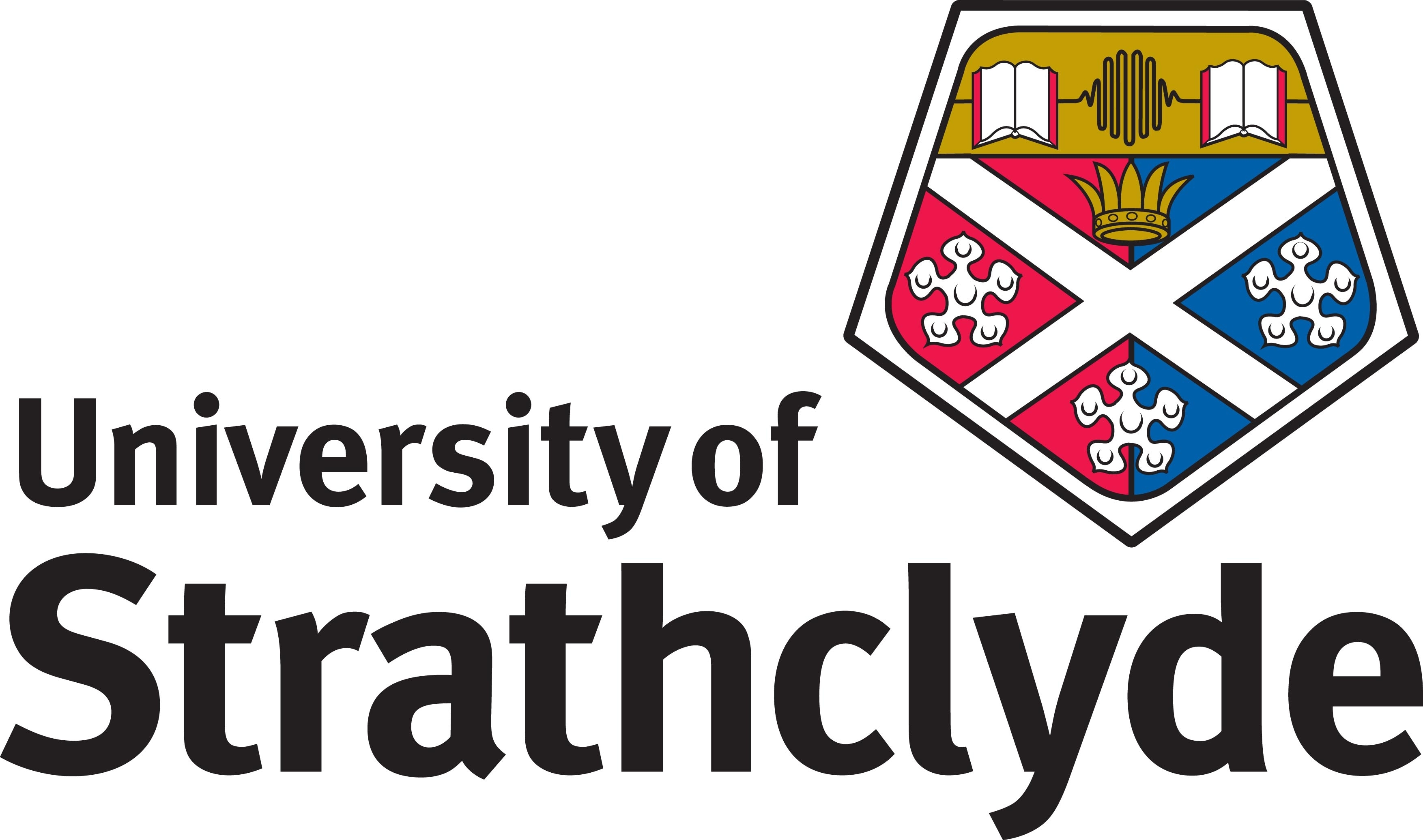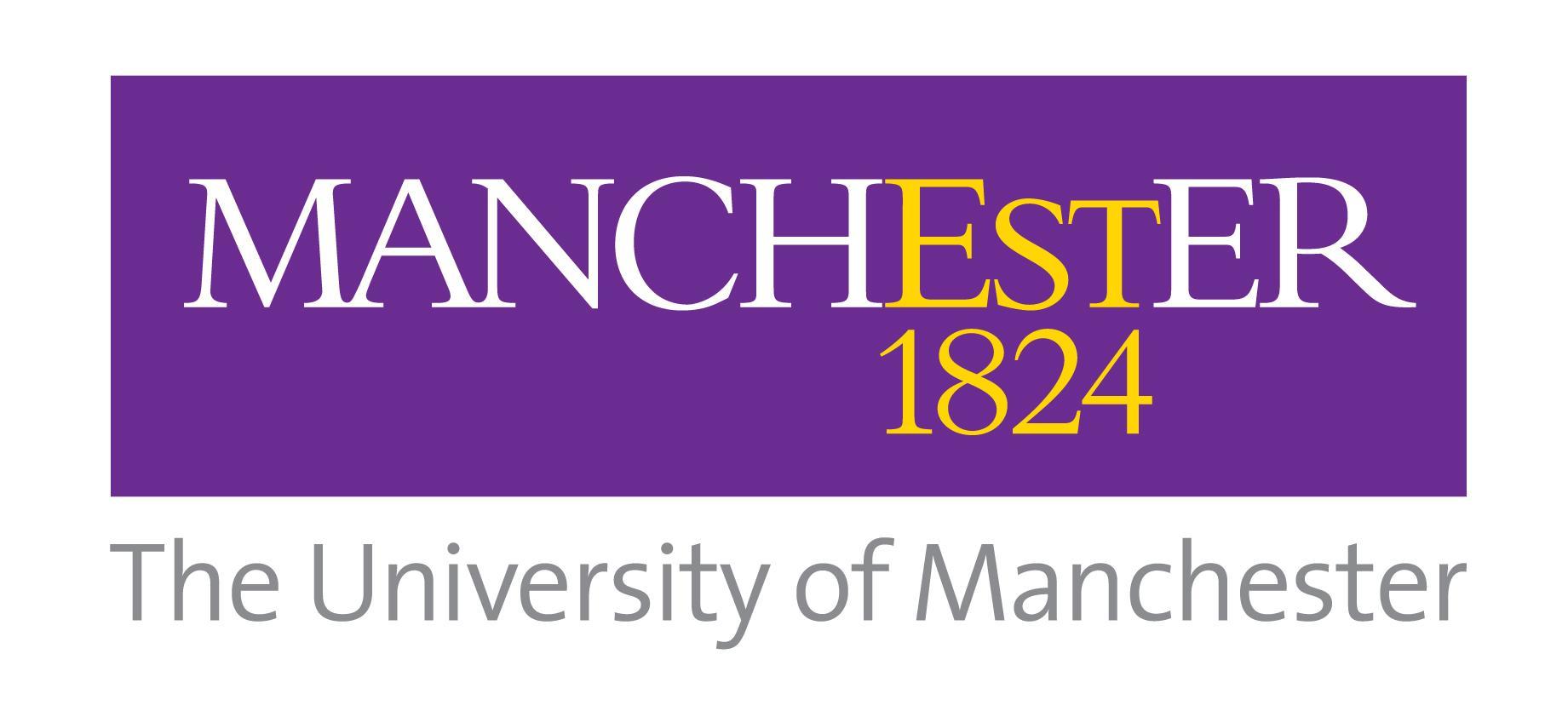The Supergen Offshore Renewable Energy (ORE) Hub has awarded almost £800,000 to 8 projects at UK institutions through its Flexible Funding Scheme, designed to support ambitious research in offshore renewable energy.
The Hub’s Flexible Funding was established to enable UK researchers to respond to a number of key research challenges in ORE. It also aims to support project areas that complement existing research, fill gaps or add cross-cutting activities to explore the transfer of research findings between sectors within ORE. Including the projects from this third and final funding round, 30 projects have been funded in total, representing almost £3million of investment.
The research being funded in this third Flexible Funding call includes investigation into new sustainable tidal turbine blade materials, obtaining systemic long-term measurements of underwater noise from operational floating offshore wind turbines, and investigating fatigue data for flexible membrane wave energy converters amongst others.
This third funding round has also benefited from additional funding from the Offshore Renewable Energy Catapult’s Floating Offshore Wind Centre of Excellence (FoW CoE) for a project that proposes a novel method for installation of offshore wind infrastructure.
The Supergen ORE Hub’s final Flexible Funding call has received a large number of high quality research proposals. We are pleased to award this funding, along with the FoW CoE, to advance the development of the offshore renewable energy sector. Research and innovation in offshore renewables is vital in helping to achieve net zero greenhouse gas emissions by 2050, and mitigating the effects of climate change.
The FoW CoE is delighted to support the Supergen ORE Hub’s Flexible Funding awards. The collaborative project supported through the FoW CoE will accelerate the development and commercialisation of the floating offshore wind sector, and support the UKs target for floating offshore wind to deliver 1GW of capacity by 2030.
A full list of the funded projects from this round are provided below. Further information about the successful projects from this and previous Flexible Funding rounds can be found on the Supergen ORE Hub impact pages.
Notes to Editors
For more information about this news release, contact Supergen ORE Communications and Engagement Officer Kirsty Henderson on kirsty.henderson@plymouth.ac.uk.
The full list of funded research project titles, lead institutions, and Principal Investigators (PI) is as follows:
- Development of Thermoplastic Composite Tidal Blades for Enhanced End of Life Recycling and Lower Cost Manufacturing (ThermoTide) - University of Edinburgh (PI - Dr Dipa Roy)
- iDRIVE: Intelligent Driveability Forecasting for Offshore Wind Turbine Monopile Foundations - Oxford University (PI - Dr Brian Sheil)
- FORTUNE: Floating Offshore Wind Turbine Noise - Scottish Association of Marine Sciences (PI - Dr Denise Risch)
- Cost Effective Methods of Installing Offshore Wind Infrastructure - Aberdeen University (PI - Dr Marcin Kapitaniak)
- Physics-informed machine learning for rapid fatigue assessments in offshore wind farms - University of Hull (PI - Dr Nina Dethlefs)
- SharEd Anchor Multidirectional Load Envelopes with Strength Synthesis (SEAMLESS) - Southampton University (PI - Dr. Benjamin Cerfontaine)
- Submerged bi-axial fatigue analysis for flexible membrane Wave Energy Converters - Swansea University (PI - Dr. Mokarram Hossain)
- FASTWATER: Freely-Available mesoScale simulation Tool for Wave, Tides and Eddy Replication - University of Edinburgh (PI - Dr Brian Sellar)
The Supergen ORE Hub
The Hub is a £9 Million Engineering and Physical Sciences Research Council (EPSRC) funded project. Led by Prof. Deborah Greaves OBE, Head of School of Engineering, Computing and Mathematics at the University of Plymouth, the Hub is a consortium of Universities researching Offshore Renewable Energy which also includes University of Aberdeen, University of Edinburgh, University of Exeter, University of Hull, University of Manchester, University of Oxford, University of Southampton, University of Strathclyde and University of Warwick.
The Supergen ORE Hub is one of several Hubs created by EPSRC to deliver sustained and coordinated research on Sustainable PowER GENeration and supply.
The Supergen ORE Hub brings together and builds on the work of the former Wind and Marine Supergen Hubs following consultation with the research community. The new hub looks for synergies between wind, wave and tidal technologies as well as building on current research in each area.
Floating Offshore Wind Centre of Excellence (FoW CoE)
The Floating Offshore Wind Centre of Excellence (FOW CoE) was established by the Offshore Renewable Energy Catapult with the vision:
To establish an internationally recognised centre of excellence in floating offshore wind which will work towards reducing the Levelised Cost of Energy (LCOE) from floating wind to a commercially manageable rate, cut back development time for FOW farms and develop opportunities for the local supply chain, driving innovation in manufacturing, installation and Operations and Maintenance (O&M) methodologies in floating wind.
The FOW CoE is a collaborative programme with industry, academic and stakeholder partners. The FOW CoE is primarily funded by these industry partners, with a further element of funding provided by other stakeholders including ORE Catapult. As the programme of work develops, the FOW CoE will continue to establish collaborations and formal partnerships with relevant academic and stakeholder partners across the broader offshore wind industry. In doing so, the FOW CoE aims to amplify its impact and additionality within the sector by ensuring that the risks and opportunities specific to floating offshore wind both in the short term and at a broader level.
In order to guide and coordinate its research activities, the FOW CoE has developed an initial core work programme across four workstreams:
- Technology development;
- Supply chain and operations;
- Development and consent; and
- Delivering Net Zero.
Further detail on the FOW CoE, its partners, workstreams, including an overview of the FOW CoE’s initial project activity within each workstream, can be accessed here.

